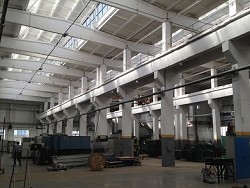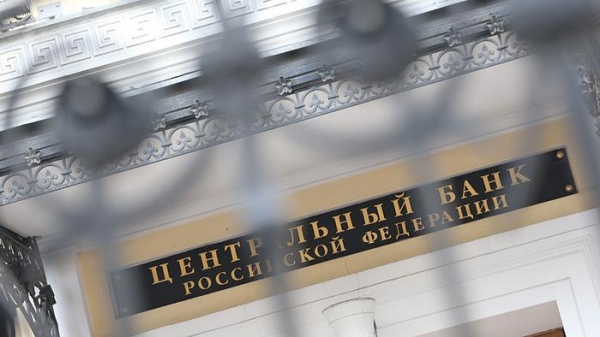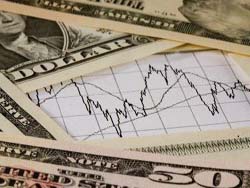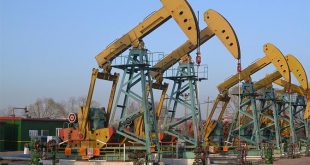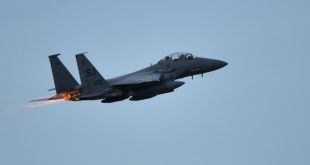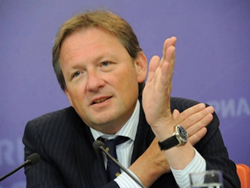
Recently in the state Duma held parliamentary hearings on which deputies together with representatives of the Government and the Central Bank sought ways out of the crisis. The participants of the discussion agreed that the way lies in industrial financing.
The state Duma is expected that the discussion will be attended by the head of the Central Bank Elvira Nabiullina and the Minister of economic development Alexei Ulyukayev. However, his attention devoted to honored their deputies — Dmitry Tulinand Oleg Fomichev. The only good news that was announced to MPs officials, was the statement by Oleg Fomichev that the anti-crisis plan is nearly ready. It is expected that the government will consider it on February 18.
Next came the bad news. Dmitry Tulin told the audience that the Central Bank is preparing to revise the script of economic development for the current year. The price of oil in the base scenario is now not $ 50 per barrel and $ 35. In risky scenarios of the economic development is estimated on the basis of $ 25 per barrel. When speaking about ways out of the crisis, Tulin said that the only right way is to diversify the economy. “We need to overcome this shameful, disgraceful dependence on raw materials” — said the Chairman of the Central Bank.
Authorized under the Russian President for human entrepreneurs Boris Titov continued thought Thulin, proposing to save the economy through easing monetary policy in relation to industrial sectors. “All countries coming out of crisis on loose monetary policy,” Titov appealed to the world experience. The state Duma intends to propose to the government and the Central Bank to provide loans to industrial enterprises by Bank of Russia key rate plus 1%, i.e. 12% based on current rates.
It is worth Recalling that the proposal to reduce the credit burden on business in August 2015 was announced by Chairman of state Duma Committee on industry Vladimir Gutenev. In particular, it was proposed to issue loans for investment and infrastructure projects in agriculture and industry under the symbolic 2-4% per annum.
However, no reaction of the government was not followed.
In General discussion on whether the loan to be cheap or not, lasts more than twenty years. Cheap loan critics warn of the threat of misuse of funds. They say, money goes into speculation instead of industrial development, the country will receive the capital outflow and rising inflation. This logic is dominant in the domestic financial thought from the times of liberal reforms that have been undertaken under the leadership of Yegor Gaidar.
All these years, the economic authorities are strictly adhered to main monetary rule of increasing the money supply at a rate greater than increasing the country’s GDP, or do not pass the inflation. So the interest rate must be high enough to restrain demand for the ruble.
At different times against lowering the cost of credit has been repeatedly made by the heads of various economic agencies. In particular, this was announced by the former Minister of Finance of Russia Alexei Kudrin , and ex-Chairman of the Central Bank Sergey Ignatyev. As a result, in the two thousandth years the key interest rate of the Central Bank of the Russian Federation was the highest among the BRICS countries.
With the arguments of liberals strongly disagreed supporters of low rates. In their view, the development of industry in the BRICS countries or in the European Union is stimulated just because of available loans. In favor of reducing the rates to the European level actively supports the co-owner of “Rostselmash” — Konstantin Babkin. In his view, the rapid development of agricultural machinery in the West is associated with the measures of state support of manufacturers of available loan funds, tax incentives, direct subsidies, and so on.
Even at the current rate, at 11%, which was reduced from last year’s 17%, the ability of business to borrow is far beyond profitability. Loans by 15-20% per annum are prohibitive to manufacturing, where profitability often does not exceed 5-6%.
As a weighty argument in favor of reducing the interest rate shows the ratio of GDP and the money supply. In Russia this figure is about 45%, indicating the scarcity of money and, therefore, the impossibility of expanded reproduction in the real sector. For comparison, in China the ratio of GDP and the money supply is 195%.
Such rhetoric divides the adviser of the President of Russia Sergey Glazyev. In his opinion, high interest rate leads to stagnation of the economy. “The (rate hike — approx. ed.), the Central Bank has compounded the negative effects of sanctions — the shrinking money supply and a rise in the cost of credit is automatically caused a decline in production and investment. After all, half of working capital in industry is formed through borrowings and the increase in paid interest twice, to a level three times higher profitability, puts firms before selecting clotting of production or raise prices,” — said Glazyev.
In fat years, the cost of domestic credit was lost in the background of the success of the mining sector, which showed excellent operating results due to high commodity prices. If large Russian companies borrowed funds was required, it was easy to borrow money in any Western Bank at 4-5%. However, in the last two years, this “shop” doesn’t work — the reason for Western sanctions.
Difficult situation in the real sector, isolation from foreign capital markets have already forced the authorities to think seriously about the problems of the ruble loan that previously was a rarity. Today, the debate about good or bad cheap loan gradually cease. Even supporters of Renacimiento recognize — there is no other way: the threat of mass bankrotstvu industry and rising unemployment will sooner or later be forced to change approaches to economic policy.

